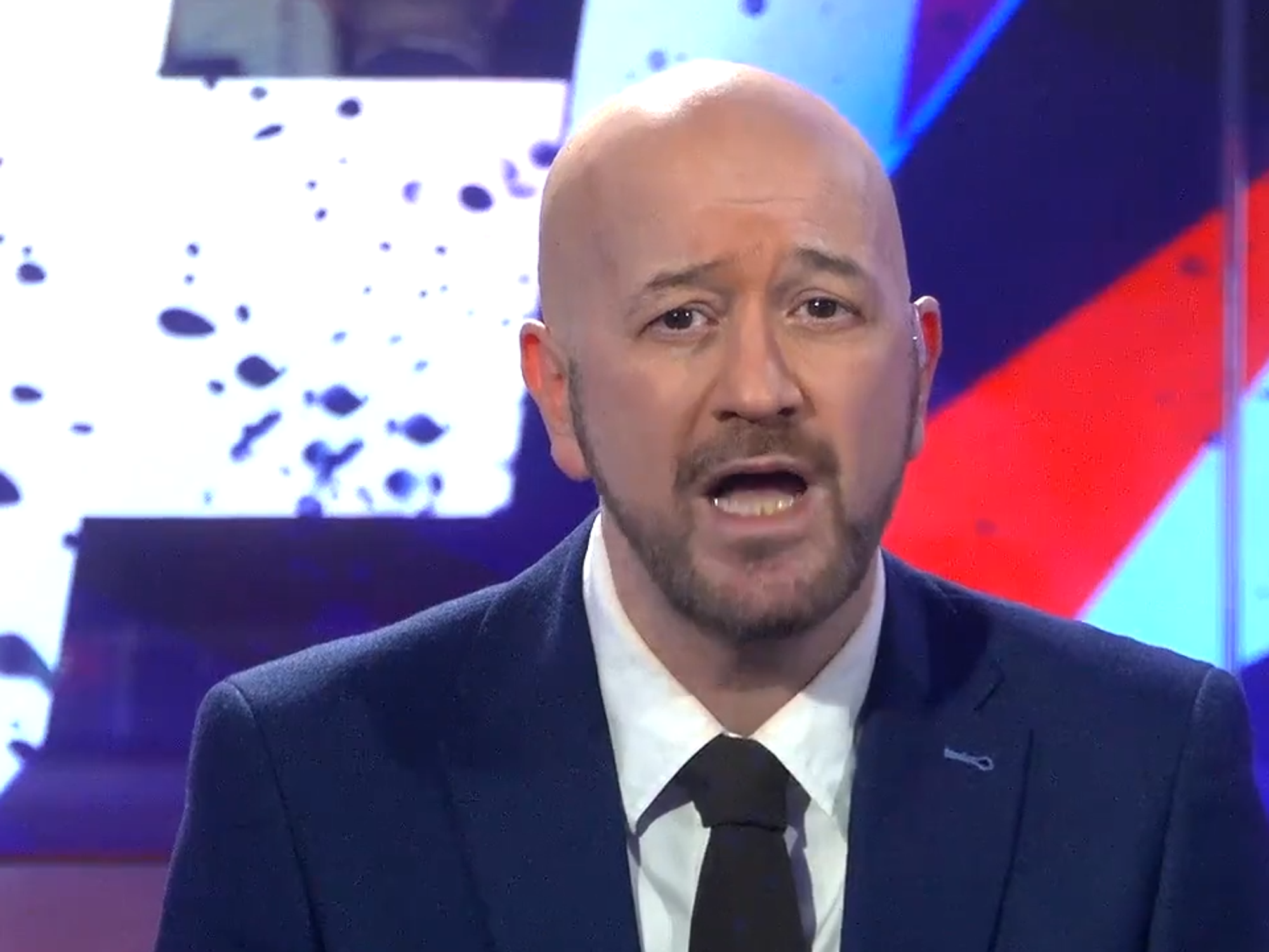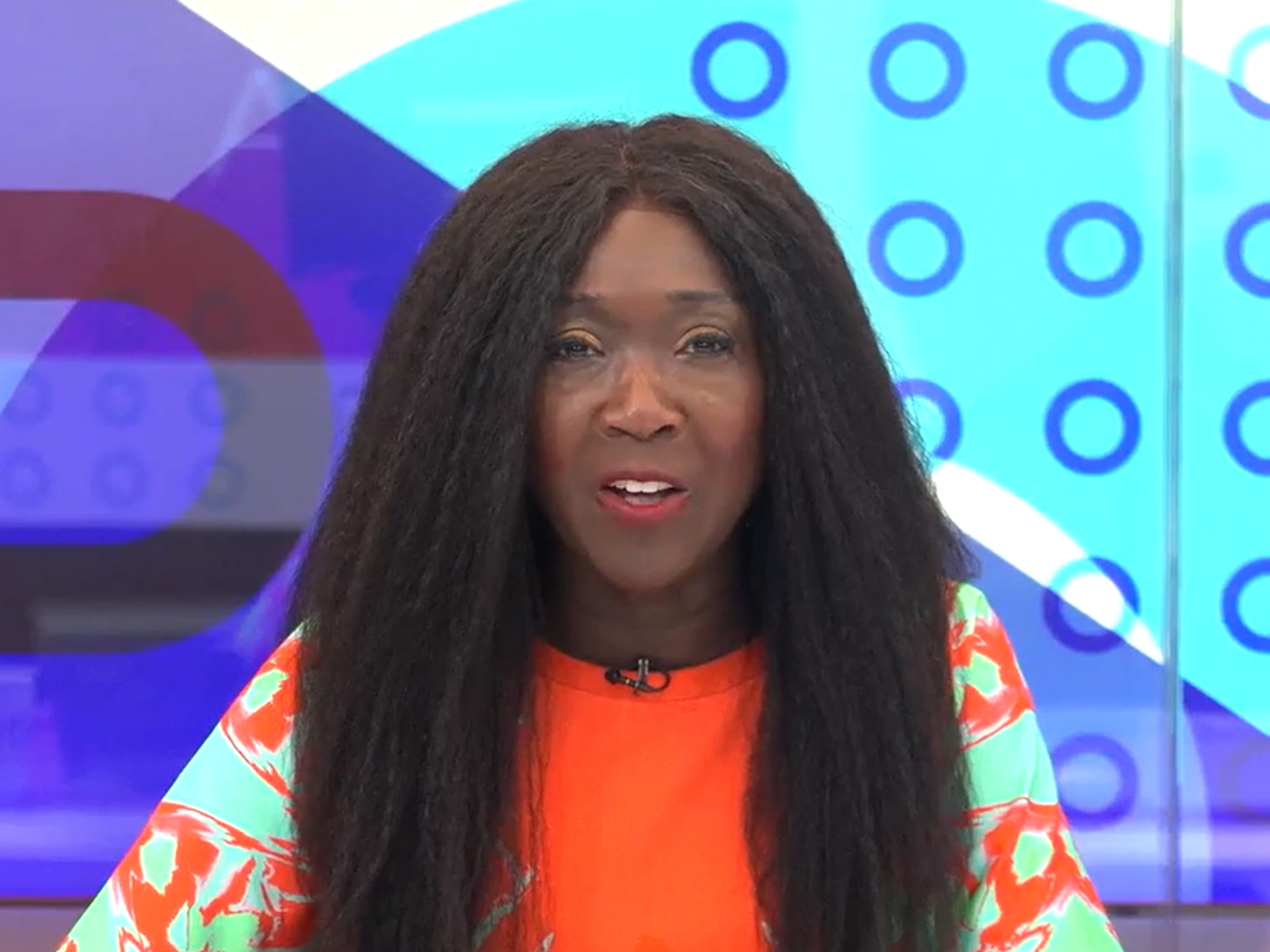BBFC adopting stricter rules on classifying racist language and stereotypes
Some parents said they wanted to talk to their children about discrimination and were looking for the BBFC ratings information to help them do that
Don't Miss
Most Read
The way parents are informed about racism and discrimination in film and TV classifications will change following new research.
The British Board of Film Classification (BBFC), which decides on the certification of movies and episodic content and offers guidance on the themes addressed, worked with people who have been directly impacted by racism and discrimination.
After commissioning the research into racism and discrimination in films and TV shows, the BBFC found that parents are concerned about children imitating potentially discriminatory behaviour or language, and were looking for the ratings to make informed viewing choices.
Similarly, some parents wanted to talk to their children about discrimination and were looking for the BBFC ratings information to help them do that, the research found.
In their report, the BBFC stated they will adopt a stricter position on the classification of the “n-word” at the junior categories and place a significant emphasis on the educational value of documentary contexts which might result in a lower rating, while being mindful of the intent of a scene when classifying older films and TV shows.
When rating issues of discrimination, the BBFC will use the phrase “an actor in make-up portraying a different ethnicity” when describing assumed racial identities.
The board will also continue to use ratings information to signal when discrimination is contained in a film or TV show and continue to consider depictions of discrimination, or the likelihood of children copying any form of racism, as key factors which might raise an age rating.
Lord Kamlesh Patel, Vice President of the BBFC, said: “Movements dedicated to raising awareness and combatting discrimination and racism have gained important traction in the last two years.
“In response, we wanted to see how this has impacted the views of people in the UK and, particularly, to hear from and listen to those who have been directly impacted by discrimination and racism as their voices are important.
“We recognise that our role isn’t just about protecting children from harmful content, it’s about helping parents who might want to use depictions of discrimination and racism as a potential teaching moment.”
David Austin, Chief Executive of the BBFC, added: “Violent and threatening behaviour, or use of particularly offensive language, will always aggravate an instance of discriminatory or racist behaviour.
“However, clear condemnation, sympathy with the victims, or a documentary or historical setting can all work to help frame the sequence and potentially give the content educational value for younger viewers.”
Minister for Creative Industries, Julia Lopez, said: “I’m delighted to see the BBFC taking a strong stance on classifying racism and discrimination in eligible film and TV shows. This important work will help the public, and parents in particular, make more informed choices about what their children watch.”











